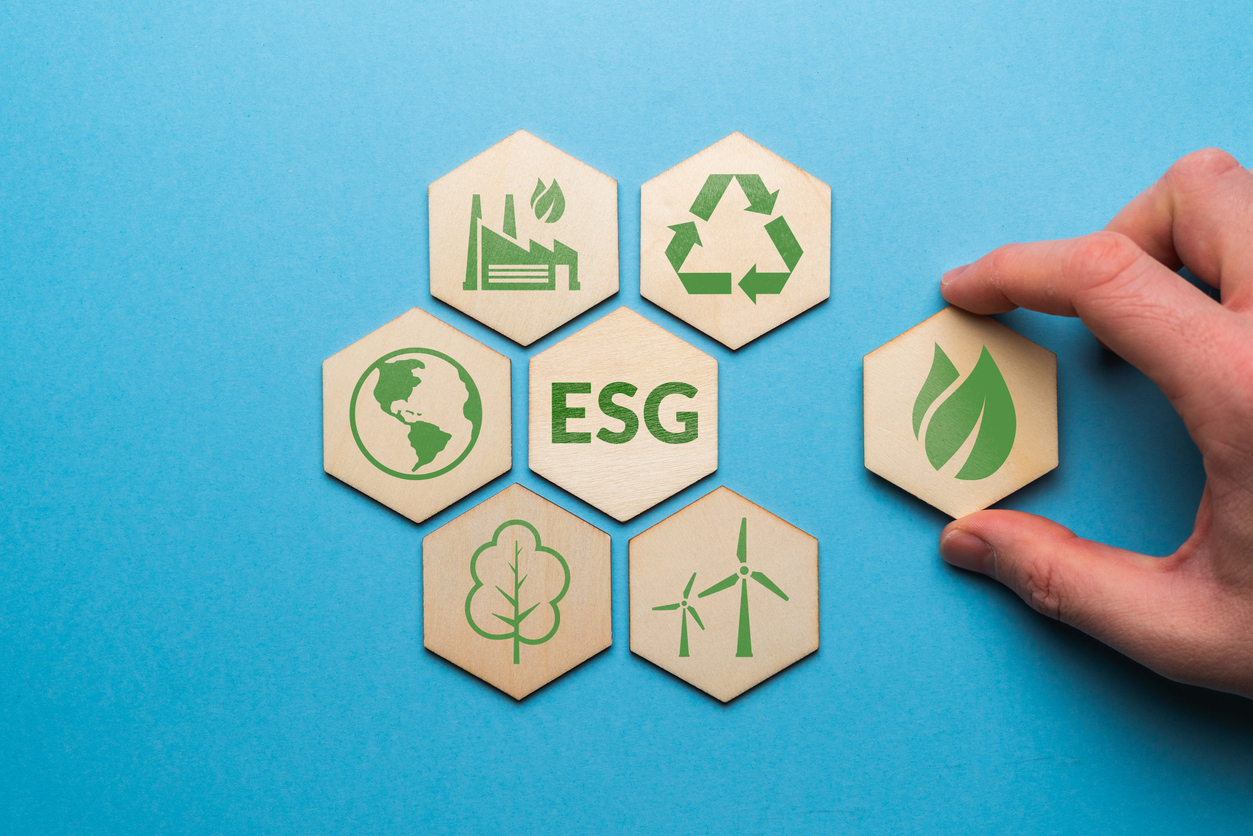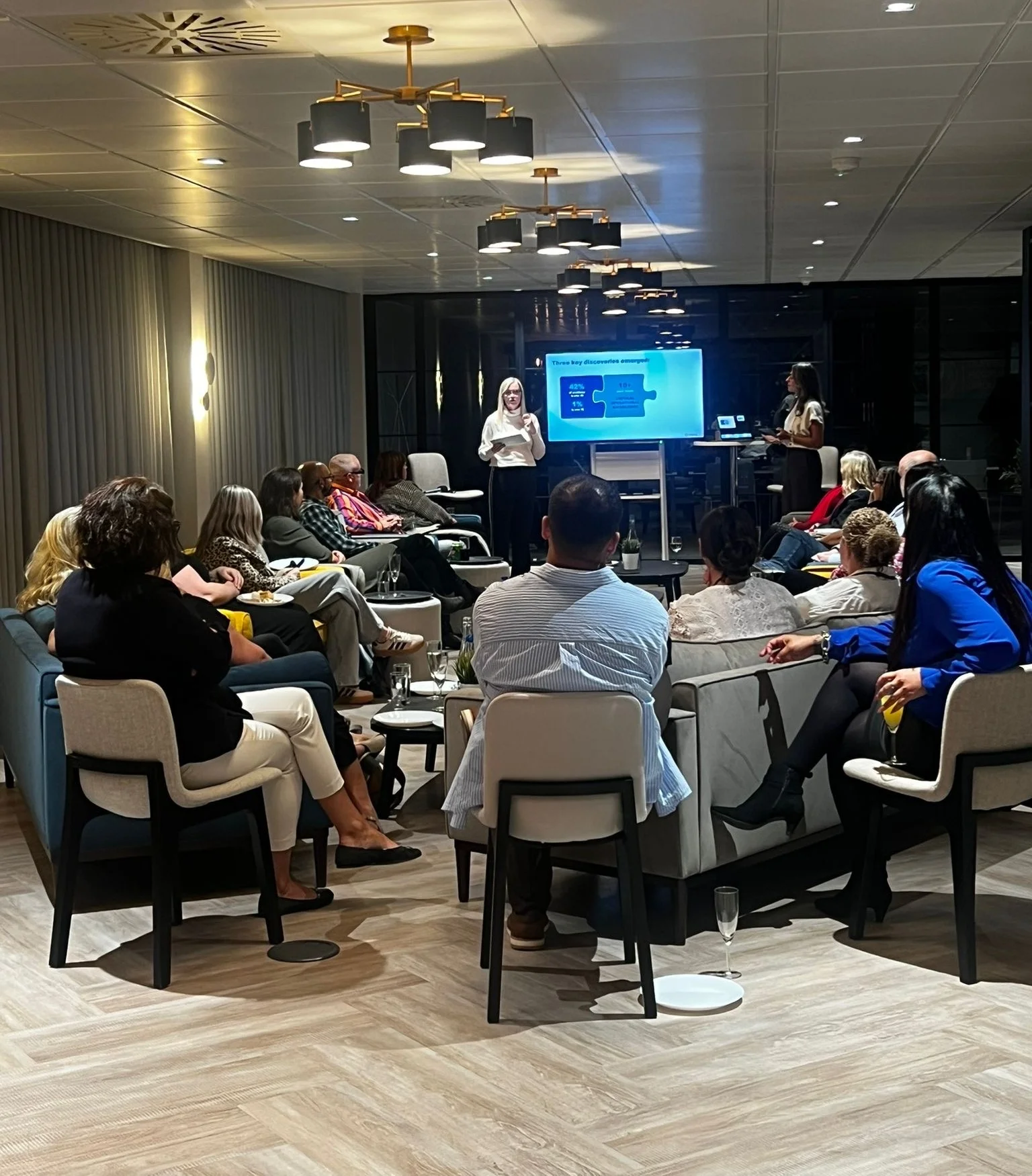
It feels like everyone is talking about Environmental, Social and Governance (ESG) right now. I mean, a lot of people are! And for good reason. ESG touches on a variety of topics, from climate change and greenhouse gas emissions, to health and safety and equality, diversity and inclusion. It’s a broad topic, and not the easiest to navigate, but despite this, ESG is fast becoming the new marker for business success.
What is Environmental, Social and Governance (ESG)?
ESG is split into three areas: environmental, social and governance.
Environmental
How do the company’s actions or choices impact the environment?
This includes issues such as climate change, green house gas emissions, biodiversity loss and energy efficiency.
Social
How do the company’s processes impact people, including those who works for the company?
This focuses on people and their human rights. It covers health and safety in the workplace, equality, diversity and inclusion (EDI), and equal pay.
Governance
How are decisions made, and are they honest and fair?
Governance is used to indicate the way in which an organisation is directed and controlled. It covers corporate social responsibility and practices that seek to ensure organisations are managed with honesty and transparency.
So, why is ESG important for recruitment?
As we’ve said, ESG is a hot topic right now, and it’s a growing consideration for candidates when looking for places to work. Research by IBM found that 67% of those surveyed were more willing to apply for jobs with environmentally sustainable companies. With ESG becoming more and more important, especially for Millennials and Gen-Z, these numbers are expected to rise. If they don’t already, organisations will need to adopt an ESG strategy to appeal to candidates who site ‘responsible employer’ as a must-have on their recruitment wish list. But, don’t be fooled; ESG isn’t simply a box ticking exercise. Companies will need to commit to whatever pledges they make. After all, there aren’t any overnight solutions to a greener environment or better equality, diversity and inclusion.
How can organisations build an ESG strategy?

First and foremost, organisations should consider how they can authentically embed ESG into their workplace culture. While ESG is a key concern for both employees and candidates, it is important that any efforts made are authentic otherwise it may come across as disingenuous. Here are some considerations when developing an ESG strategy for your business:
Remember, one businesses’ ESG strategy won’t work for another
Every business is different. From stakeholders and workflows, to focuses and goals, every company will have different factors to consider when identifying their ESG strategy. Start by listing out all of these considerations. It will help you understand what is realistic, and what parts of ESG align best with your business. This is key as it will ensure your strategy is authentic.
Establish your company goals
Whether your business is just starting out, or is more established, it’s likely that you’ll have set clear goals or at least have an idea of what you’d like to achieve. Revisit these goals and work out how they align with ESG principles. For example, if one of your business goals is to rapidly increase your headcount, you need to make sure your company offers a working environment where employees feel safe and valued. So, this may prompt you to think about the ‘social’ arm of ESG – how do your current processes impact your staff, and what can you improve?
Conduct a materiality analysis
A materiality analysis is key to any businesses ESG strategy. It looks at what issues businesses need to prioritise, and identifies where to invest time and resources. Conducting a materiality analysis requires extensive data collection from both internal and external stakeholders. Once gathered, the data can be input into a graph. This is known as a materiality matrix. It acts as a visual representation, illustrating which issues are most important to internal and external stakeholders. This will help you understand what to focus on and will ultimately define your ESG strategy.
Get support from a third party consultant or company
It could be useful to get advice from an ESG consultant. They will have developed ESG strategies for a number of businesses so can advise how to get started and what you should consider. External support is essential for the materiality analysis, too. It ensures you receive unbiased feedback, and can eliminate the risk of accusations of greenwashing and public scrutiny.
Ask your team
Your team are your most valuable asset, and you should consult with them before embarking on any ESG plans. Understanding what is important to your employees will help you define your ESG strategy and can support with prioritisation.
If you'd like to learn more about enhancing your recruitment strategy, or keep up to date with the latest recruitment news and trends, head over to our blog



